Colonial Rule in Nigeria and Nigeria’s Struggle for Independence

During the reign of the Songhai empire in the 16th century, Islamic art and culture were widely spread throughout the whole land. But their fall in 1591 created political instability, making many states fall apart and causing the rise of war and conflicts between other empires and kingdoms.
After the Napoleon war, the British tried to expand their colonial rule in Africa and began to establish trade tides with Nigeria in 1898. Before 1898, the scramble for Africa by European countries led to the partition of Africa after the Berlin conference of 1884-85.
In the year 1901, Nigeria officially became a part of the huge British Empire. In May 1906, Lagos colony and the southern protectorate were joined together and had a different name, the colony and protectorate of Southern Nigeria.
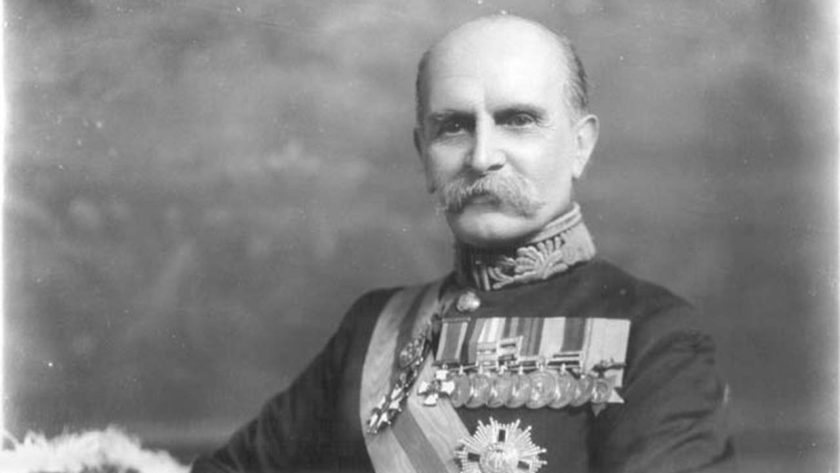
In the same atmosphere, Lord Fredrick Lugard in 1914 amalgamated the Lagos colony and Southern Nigeria with Northern protectorate to form a single colony called protectorate of Nigeria. It was said that the wife of lord Lugard formed the name Nigeria from the river Niger that flowed through the country.
Britain therefore governed Nigeria by the means of a system popularly known as ‘Indirect rule‘. Britain claimed that the system involved not governing the people directly, but through their traditional rulers and chiefs. And this was one of the factors that fuelled nationalism among the Nigerians.
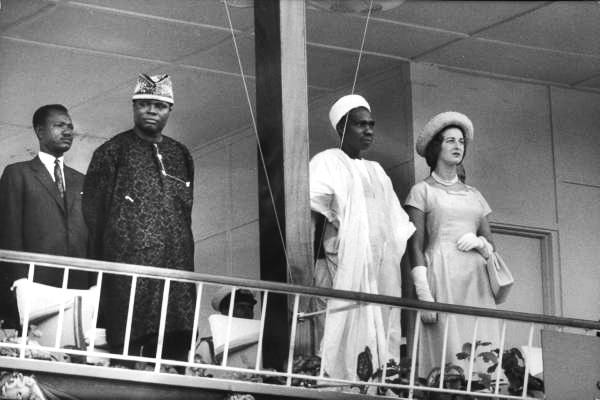
Years later, the whole of Nigeria later join hands together to fight for the independence of the country. Each region was granted self-governance; Northern region in 1959, Western region in 1956 and Mid Western region in 1963 (post-independence) and then, all together gained independence on the 1st of October, 1960 when the Nigerian flag which was designed by Taiwo Akinkunmi in 1960 replaced the British flag and was raised.
Questions? Advert? Click here to email us.



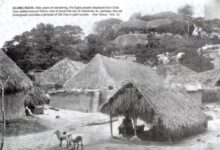
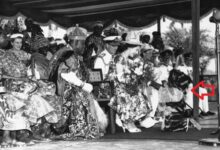
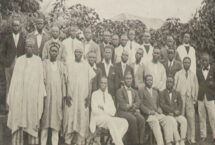
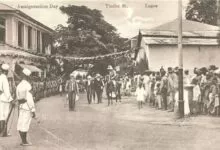
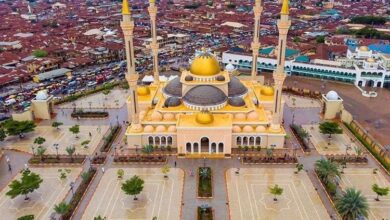
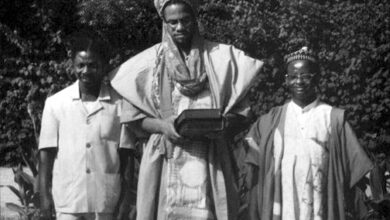
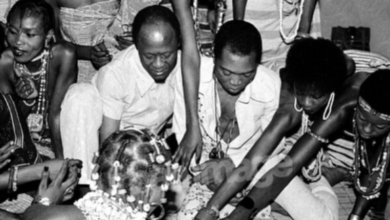
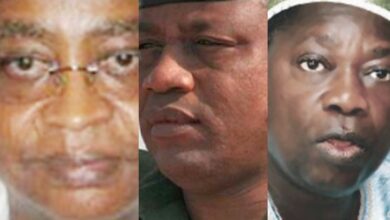
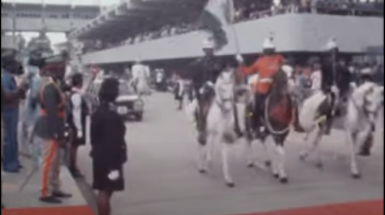
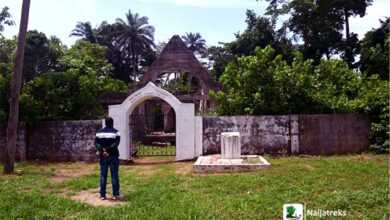

Doing this for my project God bless Nigeria in Jesus name
Thanks
Amen! Thanks for your visit and comment, Mr. David Okorosokoh.
Thanks,it helped a lot in my project.God bless our nation Nigeria
Amen! We’re glad this helped you. Thanks for stopping by, Obinna Ochiagha Favour, and please visit often.
Nigeria we still not going forward , please we have raise up .
i think this is inspiring
Thank you Mr. Stanley. Your visit is highly appreciated. Please visit often.
Worked for my project
We are glad it did. Thank you for letting us know, Mr. Bolu Adedina. Kindly do check back.
Tanx Alot, It Really Help Me In My Exams
Oh! Hurray! We wish you success in your exams. Thank you for your visit, Happine Gwankat. Please come again.
It really helped me in my assignment (Nigerian government and politics)
I thank you so much for your efforts here. But I wish to inform you that in mentioning regions in Nigeria and their years of independence you omitted Eastern Nigeria. Again mid-western region of Nigeria was created in 1963 and not otherwise. Thanks.
U guys are the best this site helped a lot….. Tank u
Thanks, helped with my essay
It’s good having you here, Miles. Thanks for visiting. Kindly do check back. Cheers!
God Bless Nigeria and people in it
Amen. God bless you too. Thanks for visiting.
Nigeria is a belove Country throughout the World, not what other country have that make them expand, no, but how they fear God will determine because we allow God in Nigeria and we Fear Him, thats why God totally love us in Nigeria. I Proud of my Country. N I G E R I A
I’m proud of Nigeria too. Thanks for your kind words, Mr. Elijah Oyerinde. Kindly do visit again.
i am not proud of nigeria because all our leaders are corrupt, and there is no democracy in nigeria.
All will be well soon, very soon. Thanks for visiting, Mr. Gabriel. Kindly do check back.
i appreciate our current president “Buhari” because, he is trying to restructured our country
Yes he is. Thanks for visiting sir.
i really appreciated to being here…..and it’s rellay help me during my e-exam thanks u s0 much….
We’re glad to have been of help, Mr. Abba Alhaji Goni. Kindly do visit again.
The effects of military rule in the Nigeria politics
I am proud of during this led government for his work to restructure Nigeria
this was a bit dry I wanted more
Thanks it really helped with the info I was looking for, but does it mean that the mid Western region gained self governance after independence?
Yes. It was after independence that the midwestern region became autonomous. But it should be noted that it was in the same 1963 that Nigeria became a republic thereby became fully independent of foreign intervention in her affairs.
Thanks for the visit, Agatha.
Yes. They did after independence.